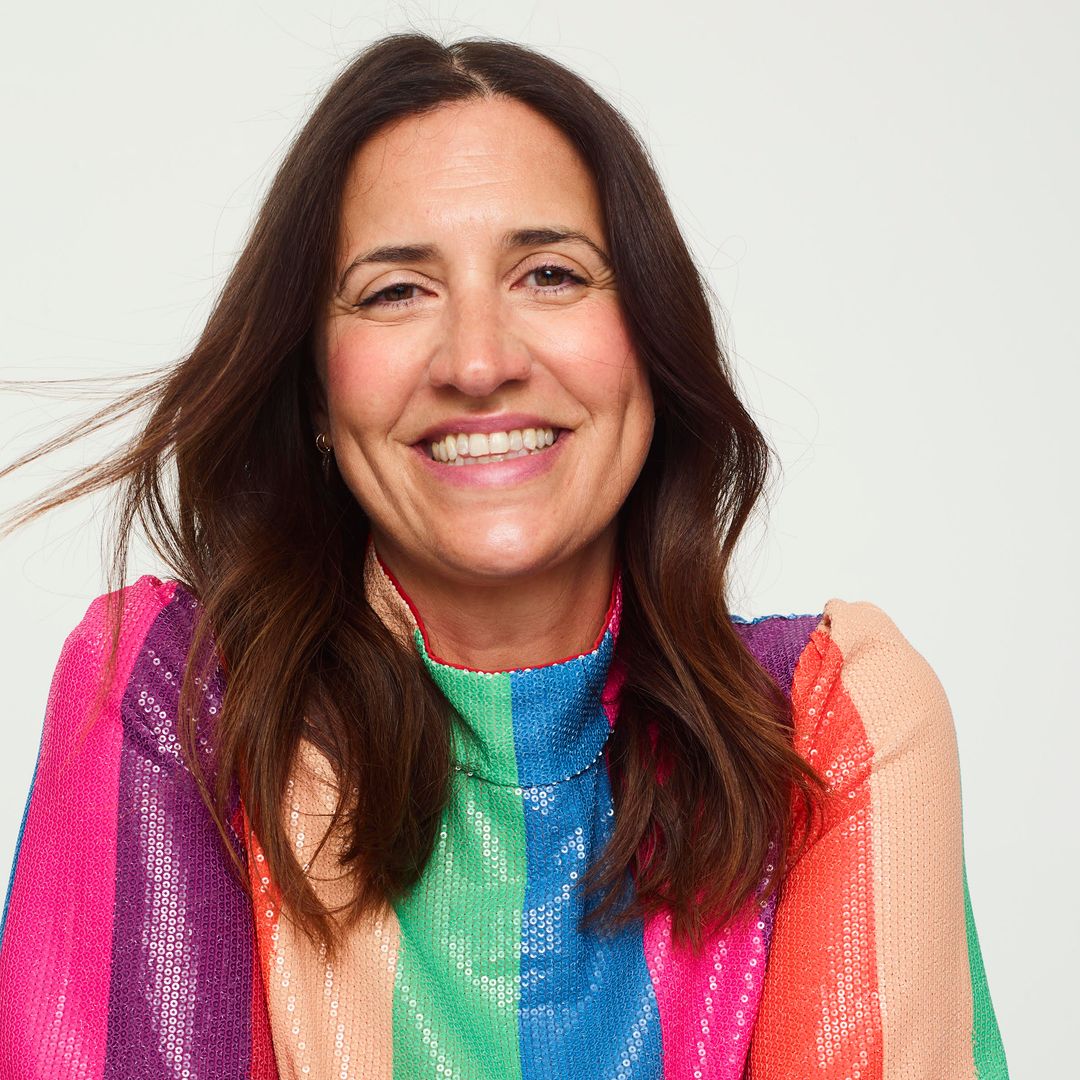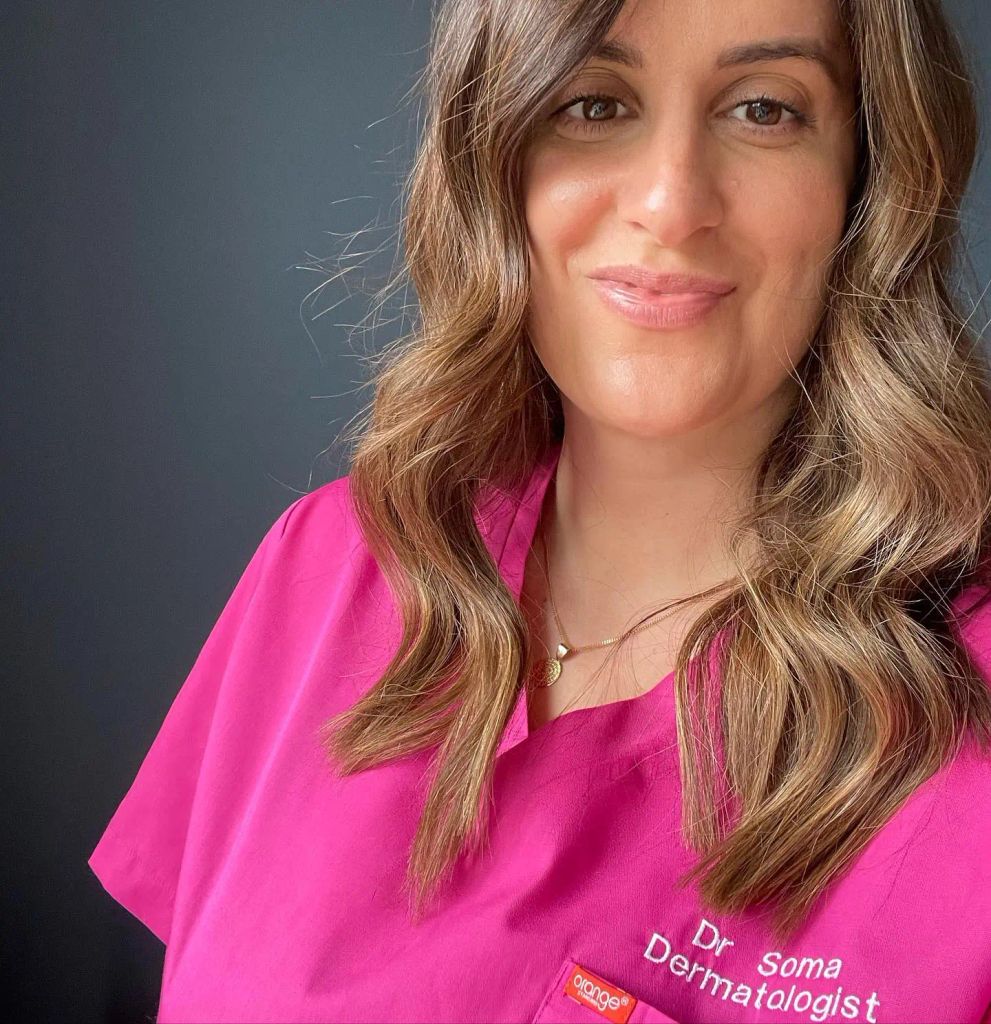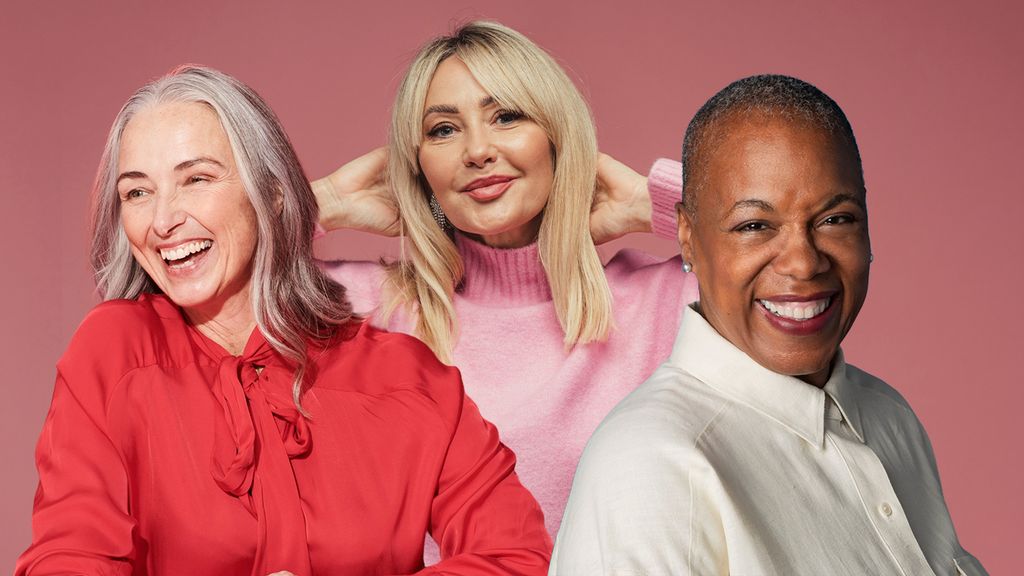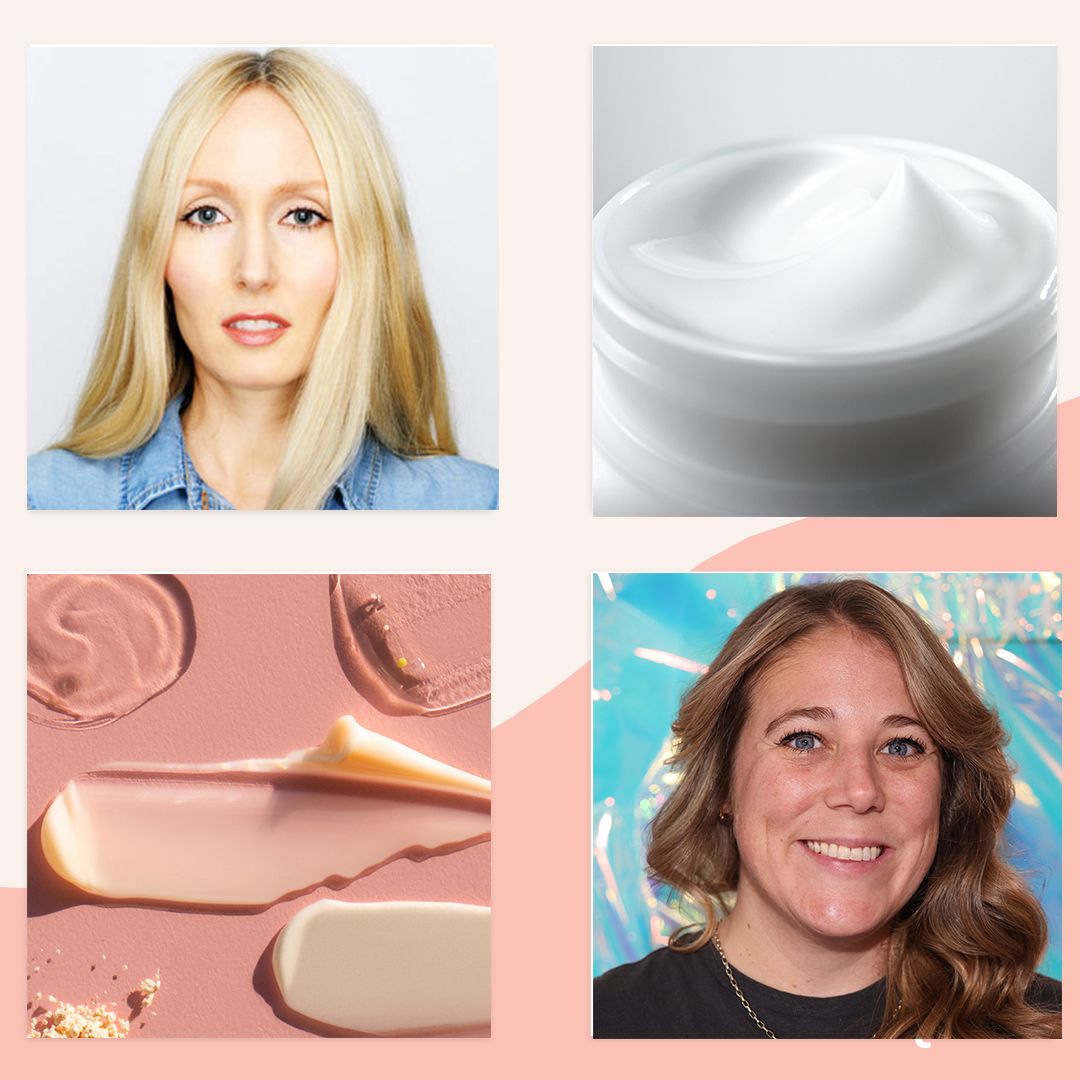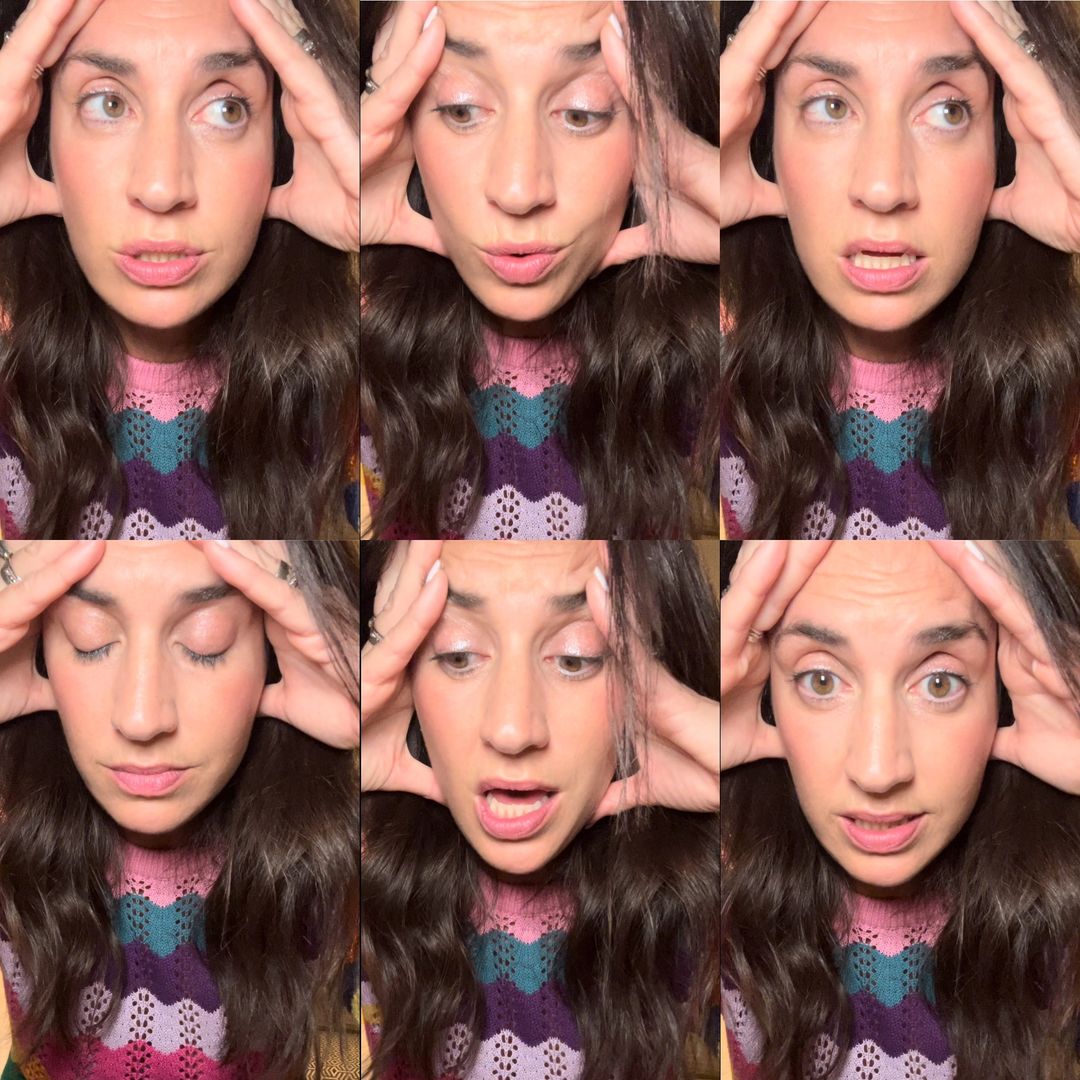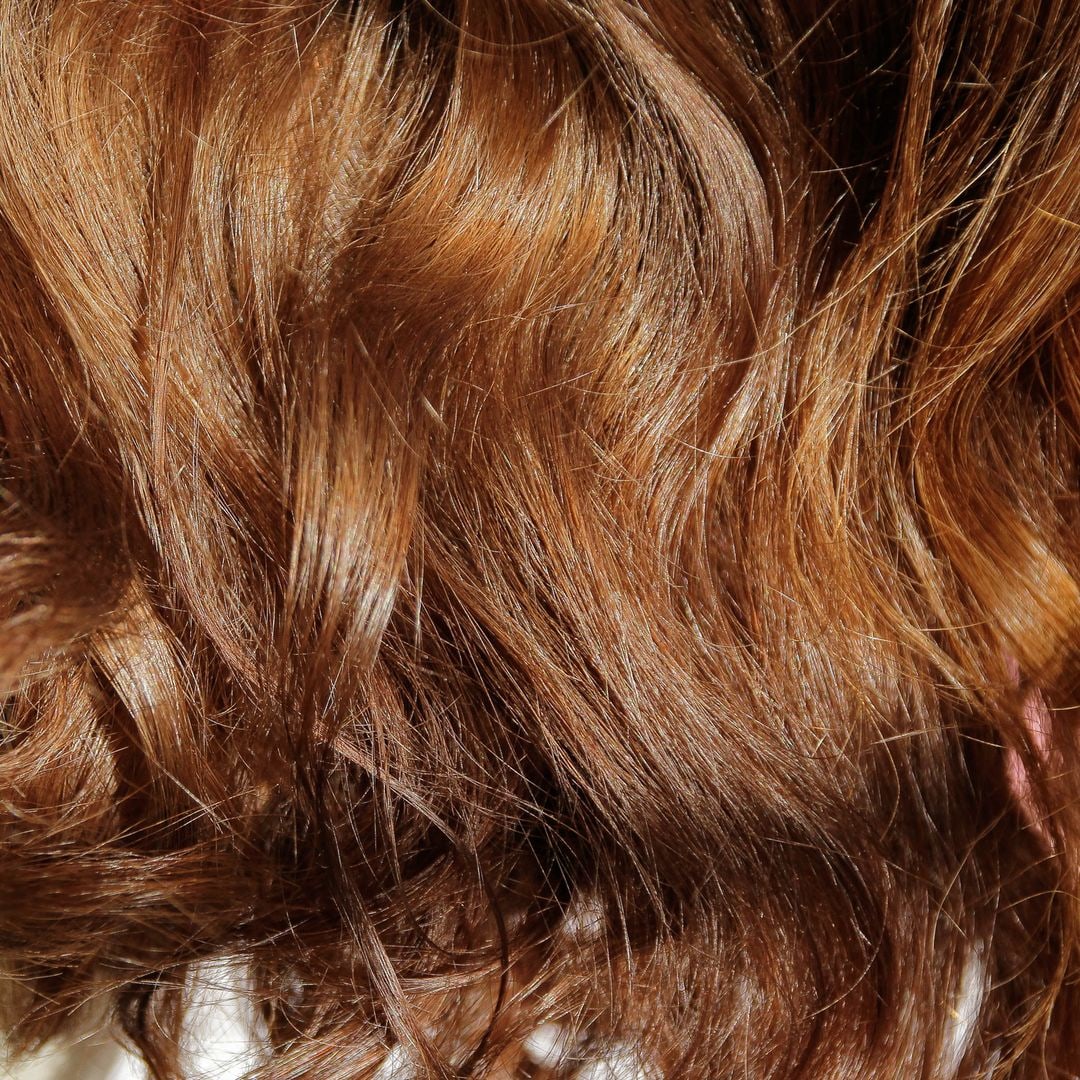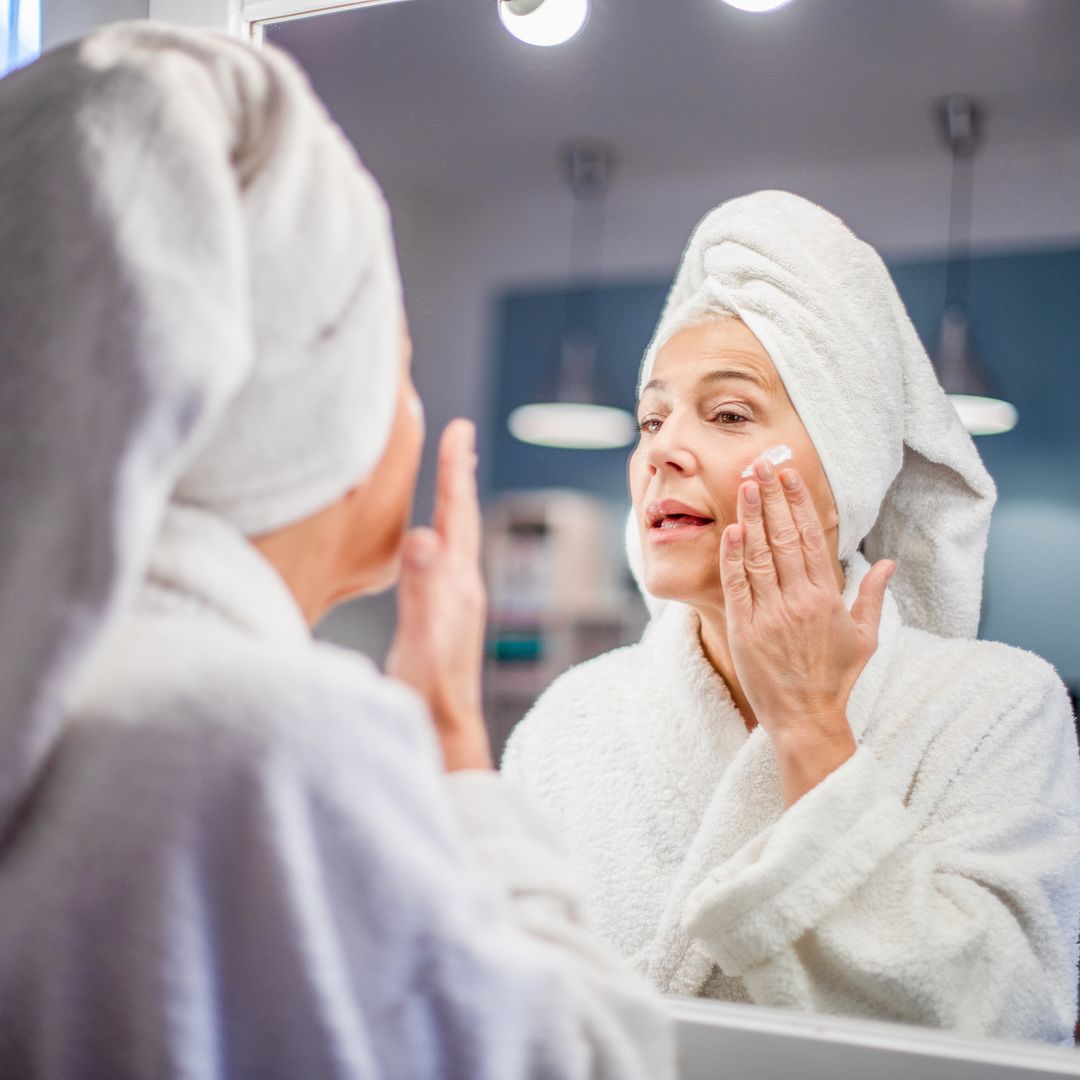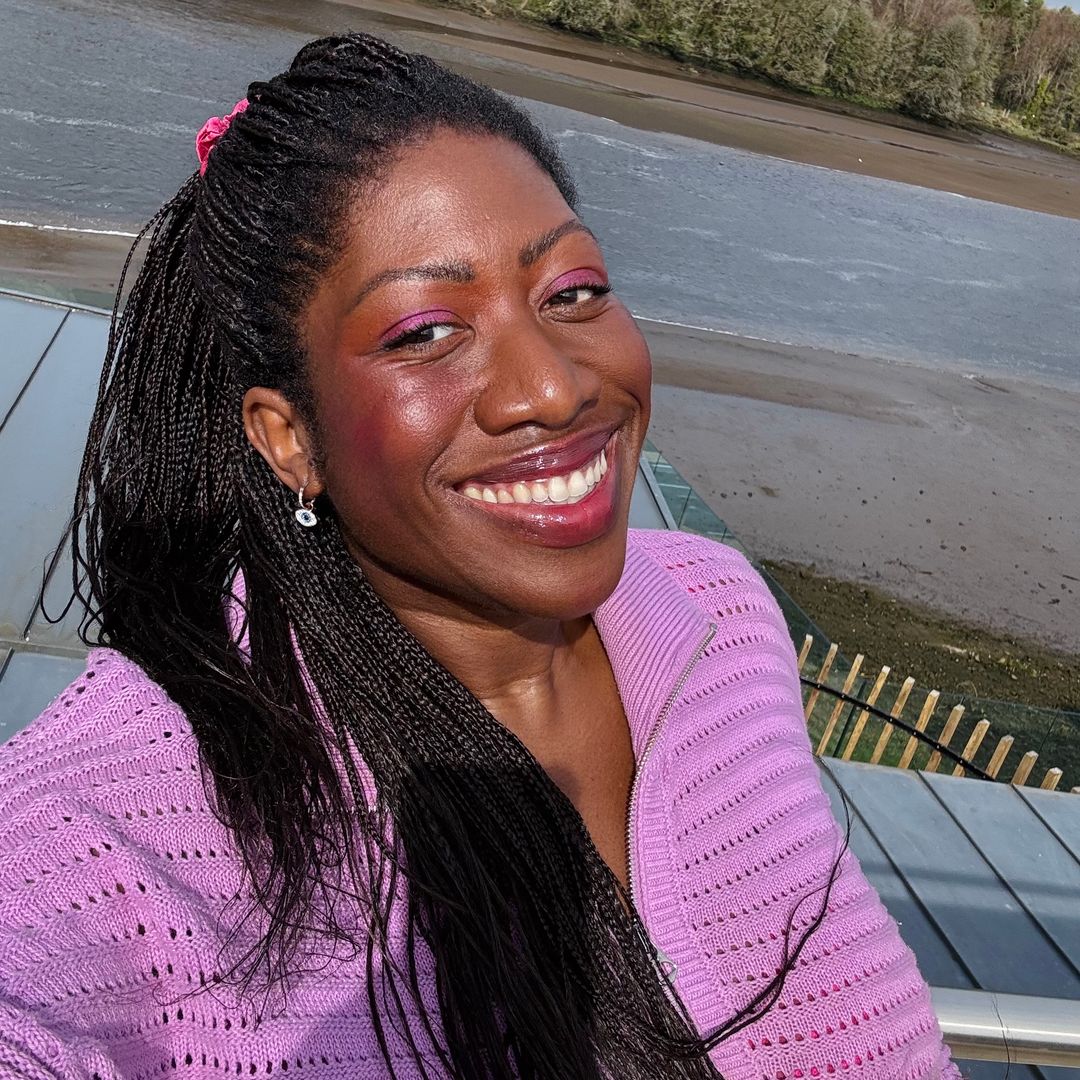A couple of months ago, I woke up with really dry, sore, chapped lips. I’d never experienced this before. I’ve always been addicted to lip balm - I literally panic if I leave the house without one in my handbag - and so my lips have always been smooth and buttery soft.
But then, literally overnight, they turned dry. You know the kind of dry that makes them split and bleed? It was bordering on painful. And it was noticeable to other people too. My kids even commented on my sudden onset of lip chapping - which is a miracle as they never notice anything much beyond their iPhones.
I couldn't understand it. I hadn’t changed my diet. Or added anything different to my skincare routine. And I don’t wear lipstick every day, which can make dryness worse. So what could it be? Menopause has been the reason behind many of the annoying new setbacks creeping into my life lately, so surely this was the reason behind my chapped lips too.
“Skin dryness is a common symptom of menopause, as when your oestrogen levels start to fluctuate during perimenopause, it can have a knock-on effect on your skin,” explains consultant dermatologist Dr. Cristina Psomadakis. “The falling oestrogen affects your skin’s ability to retain ceramides, which are the fatty acids that help lock in moisture. And while everyone’s skin reacts differently – you might have no issues at all - but for many women, things like acne or extreme dryness, in areas like your lips can come out of nowhere.
“The medical term for dry chapped lips is cheilitis and there are also so many things other that can contribute to them,” explains Cristina. “It can be due to a cold windy environment, or a hot sunburn; it can be due to an underlying skin condition like eczema; or the products we use, whether an irritation or allergy.”
But for me, the bombshell came when Cristina pointed out a habit that I do throughout the day, without even realising it: and it’s one that could be exacerbating the chapping even more during menopause. And it's licking my lips!
“A really common cause of dryness around the mouth area is excessive lip licking,” Cristina explains. "The nature of the bacteria in the mouth and saliva can also be irritating to lips, and as chapped lips are also really prone to infection with both yeast and bacteria, that can prolong the healing.”
DISCOVER: Menopause-washing: How to tell if a meno-friendly product is worth your money
That was a bit of a hallelujah moment for me, as when I thought about it, I actually lick my lips a lot, without really thinking about it. And I know this might sound weird, but I do it while I’m really concentrating, like when I’m running at the gym, or working. In fact, I’m doing it as I’m typing this article!
So what can I do to help my dry lips? Apart from stop licking my lips as much, of course.
“I would avoid lip products with a scent or flavouring, anything coloured or with granules or menthol,” advises Cristina. “Most importantly, do not exfoliate dry flaky lips, as you are likely to make things worse!”
“The best products for chapped irritated lips are fragrance-free ointments such as Vaseline or Aquaphor. They are hypoallergenic, seal the lips' natural hydration and provide a barrier from the external environment. It is important to use them regularly, several times per day.”
Cristina also warns that I should avoid certain foods while the chapping is still there. “Avoid very acidic or spicy foods,” Cristina explains. “And if the problem persists a dermatologist can help you figure out the underlying diagnosis, determine whether a swab or allergy patch testing is needed, and provide different prescription cream options that can help.”

